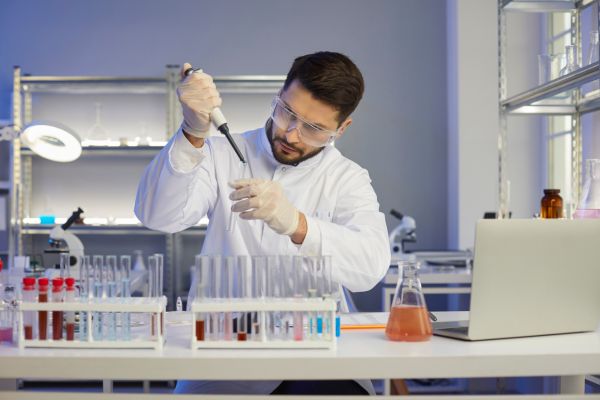
In an era where sustainability is paramount, the pharmaceutical industry is taking significant strides toward adopting eco-friendly practices to minimize its environmental footprint. The quest for sustainable healthcare involves rethinking manufacturing processes, reducing waste, and embracing practices that prioritize environmental stewardship without compromising healthcare quality.
Pharmaceutical Manufacturing: Addressing Environmental Impact
The pharmaceutical manufacturing process traditionally involves complex procedures that can generate considerable waste, energy consumption, and emissions. Recognizing this impact, the industry is pivoting towards eco-conscious practices aimed at minimizing environmental harm.
Green Chemistry: Redefining Pharmaceutical Manufacturing
Green chemistry principles are at the forefront of sustainable pharmaceutical manufacturing. By emphasizing the design of chemical products and processes that reduce or eliminate hazardous substances, green chemistry aims to create environmentally benign pharmaceuticals without compromising efficacy or safety.
Reducing Waste: Optimizing Resources
Efforts to minimize waste production in pharmaceutical manufacturing are gaining momentum. Implementing measures such as reducing raw material usage, optimizing production processes to decrease energy consumption, and implementing recycling programs are integral in curbing waste generation.
Renewable Energy Sources: Powering Sustainable Practices
Transitioning to renewable energy sources is a pivotal step in reducing the carbon footprint of pharmaceutical manufacturing. Embracing solar, wind, or other sustainable energy sources to power manufacturing facilities significantly reduces reliance on fossil fuels, contributing to a cleaner and greener future.
Packaging Innovations: Sustainable Solutions
Rethinking packaging materials is another critical aspect of sustainable pharmaceutical practices. The industry is exploring alternatives to traditional packaging, such as utilizing biodegradable materials, reducing packaging size to minimize waste, and adopting recyclable or compostable materials.
Regulatory Initiatives: Driving Sustainability
Regulatory bodies are increasingly advocating for sustainable practices in pharmaceutical manufacturing. Governments and industry organizations are setting stringent guidelines and incentivizing the adoption of eco-friendly practices through regulations and certifications.
Global Collaboration: Collective Responsibility
Collaboration among pharmaceutical companies, research institutions, and governments on a global scale is instrumental in advancing sustainable healthcare practices. Sharing best practices, innovations, and resources fosters a collective effort towards a more sustainable future.
The Future of Sustainable Healthcare
Embracing eco-friendly practices in pharmaceutical manufacturing is not just a trend but a necessity for a healthier planet. As the industry continues to innovate and prioritize sustainability, the future holds promising possibilities for healthcare that is both effective and environmentally responsible.
Conclusion: Pioneering a Greener Future
In conclusion, sustainable healthcare in pharmaceutical manufacturing is not just an aspiration but an imperative. By embracing eco-friendly practices, the industry can significantly reduce its environmental impact while continuing to deliver high-quality healthcare solutions.
Adopting sustainable practices is a collective responsibility, and through collaborative efforts and continuous innovation, the pharmaceutical industry can lead the way towards a greener, more sustainable future for healthcare.
Share This News